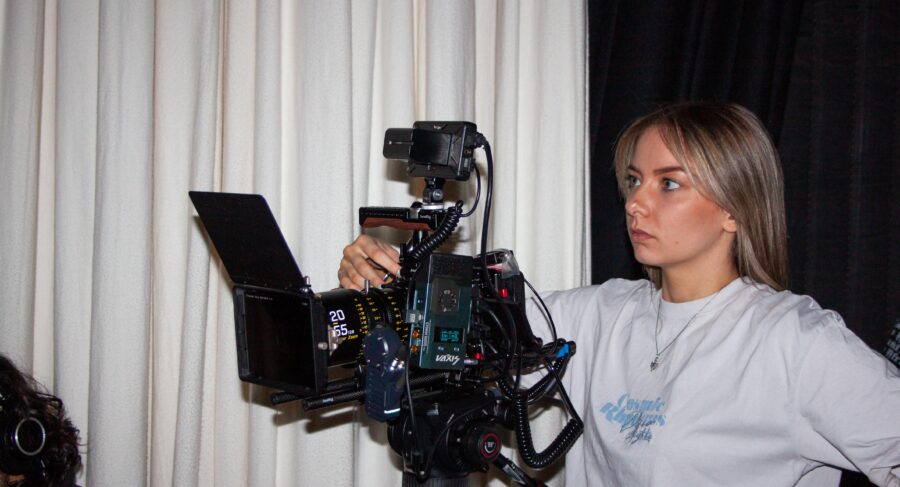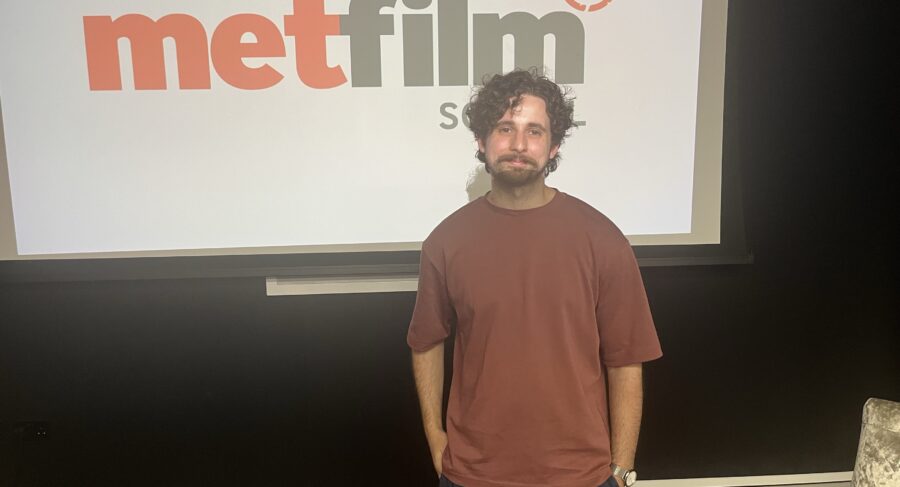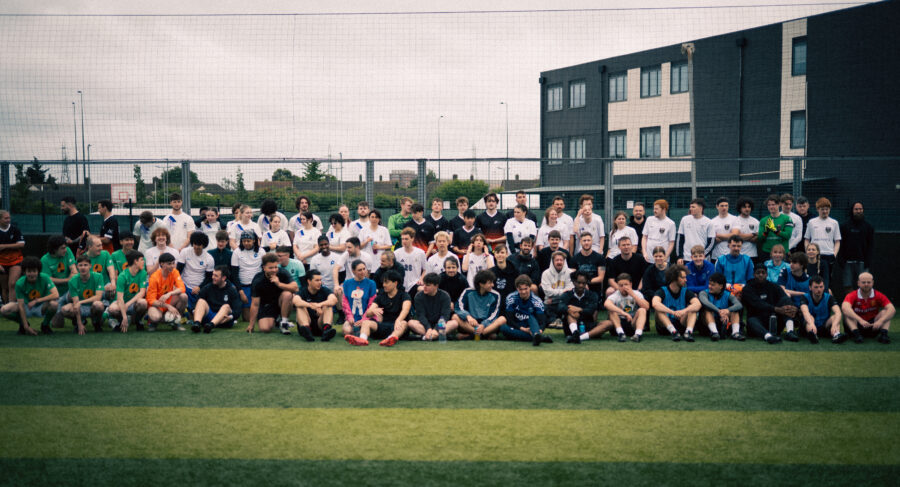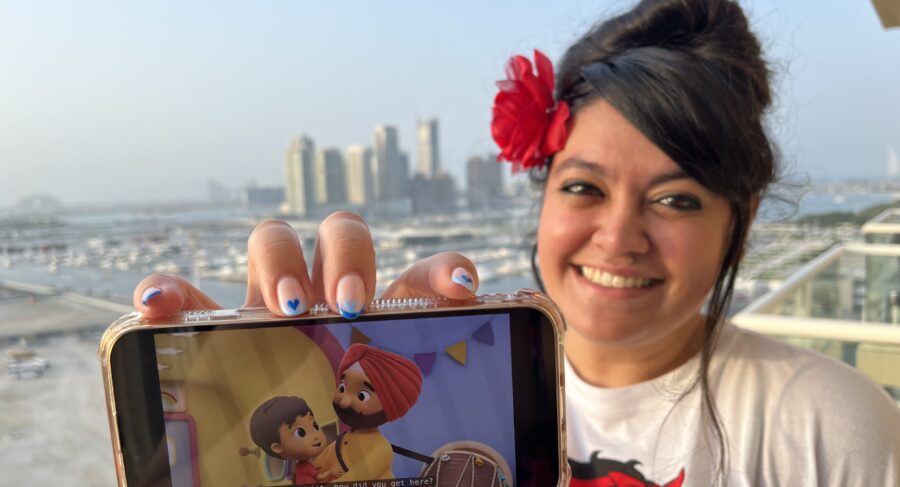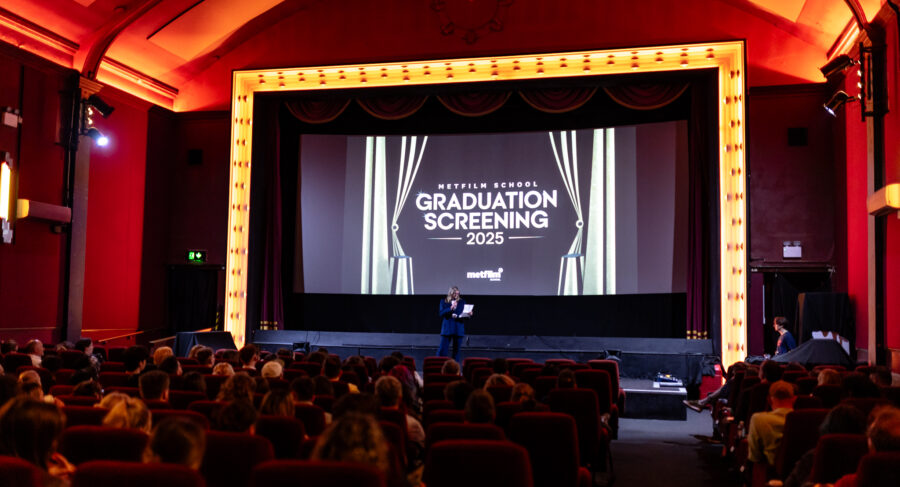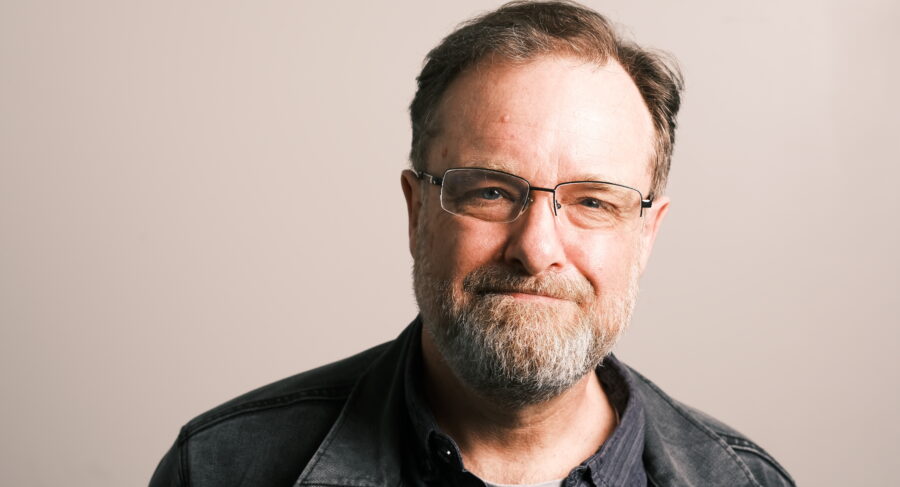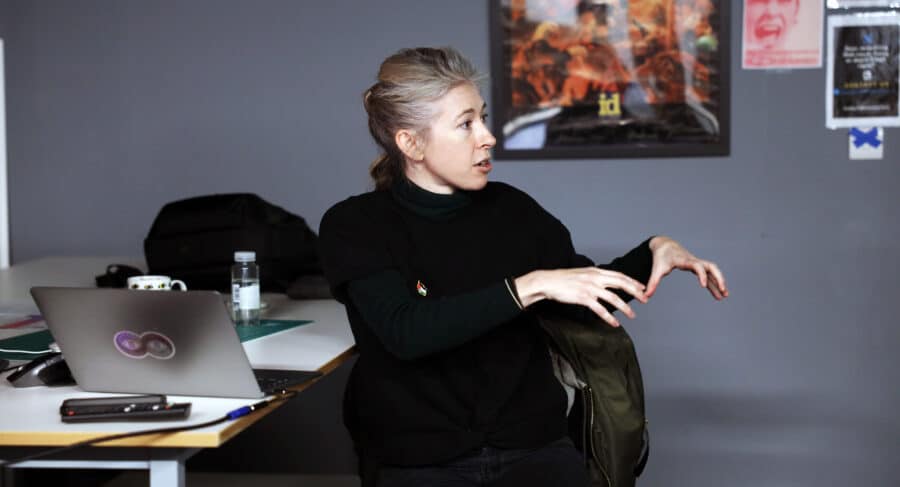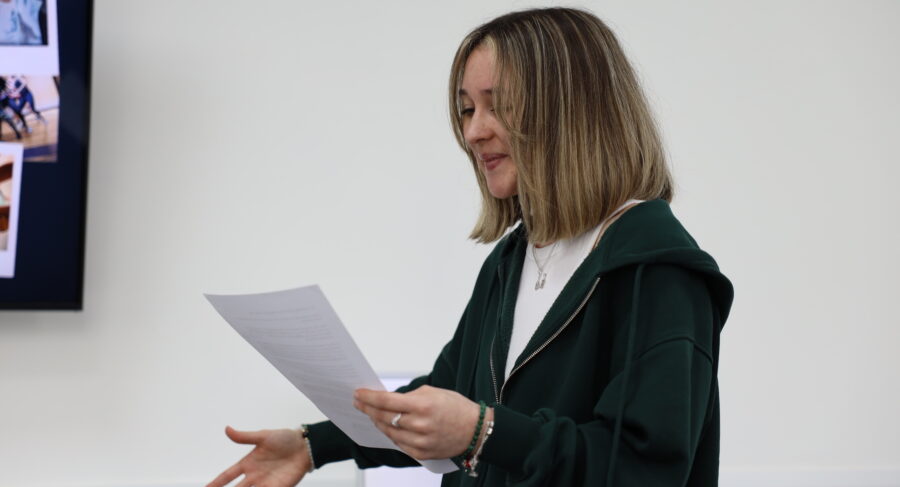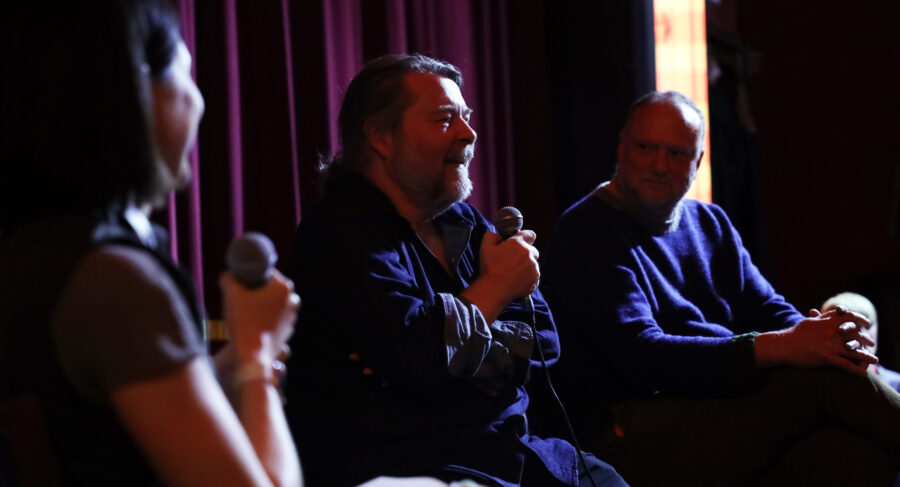Masterclass with Academy-award winner Pawel Pawlikowski
By Danny Kelly
25 February 2015
As the post-Oscars haze now truly kicks in, and the Internet sets about highlighting the Academy’s decision-making strengths and shortcomings, a category far too often overlooked is the best Foreign Language Film.
This year saw Polish film Ida take home the golden statuette; the story of a young nun in the 1960s – played by newcomer Agata Trzebuchowska – who discovers she is of Jewish descent while in preparation to take her holy orders. The film has drawn approving comparisons to Carl Theodor Dreyer’s The Passion of Joan of Arc, as well as some new wave features.
However, the journey to becoming the first Polish film to win the prestigious award was not without healthy competition. The Russian film Leviathan, which has proven equally controversial on home soil, has presented a strong battle with Ida, winning a BAFTA earlier in the month. Such equally strong contenders through this year’s award season has also reflected well on the BFI London Film Festival who, in their last two years, presented both nominated films with their Best Film prize.
Fortunately for MetFilm School students, they can now say they have been in the company of an Academy award winner, as we were luckily enough to host director Pawel Pawlikowski for a masterclass discussion last summer. Over the course of an hour-long conversation he discussed candidly his career as a filmmaker and documentarian, as well as shining light on his creative impulses and thought processes.
Here are four key highlights from the discussion:
- What makes a good film? – Pinpointing what constitutes a good film is definitely a subjective and personal challenge, but it was one that Pawel took on while discussing filmmaking. He spoke particularly about the importance of drawing upon a rich mix of components in crafting something complete and emotive. Chiefly expressed was his passion for cinema of the early 70s – speaking fondly of films such as Chinatown – that explore something deeper then just a story and ultimately discover a place “where narrative, images and strong moments are kept in some sort of balance.”
- Picking a good story – However, this isn’t to suggest that working with a good story isn’t important. Pawel spoke about often having a few possible film ideas in mind at one time, and highlighted what three core elements he needs to see in a story before making one a reality. He said: “I need a story with layers and possibilities, two of three characters who are somehow interesting, conflicted or paradoxical in someway and who want something that is not available in the real world, and an environment where it could happen, an interesting world you can visually translate into landscape images.”
- Drawing on other influences – For the benefit of a room full of budding filmmakers, our masterclasses frequently focus on how our guests made their break into the industry. In this case Pawel talked about falling into directing after exploring other avenues, benefitting from growing up in a less cut-throat and pressured period. He explained that his passions and skills for storytelling, photography and music have all proven to be advantageous in being a filmmaker, saying “cinema [for me] is a playground where you can use all sorts of interests, throw all sorts of things into the pot and play with them and hopefully something emerges that makes sense and has form.”
- Ida’s techniques & risk taking – When talking specifically about Ida, it was discussed that the film, on paper, is a precarious investment for a producer. For most it could be deemed more challenging then Pawel’s previous work in that it is purely Polish dialogue, shot in black & white, and reverts to using an academy ratio (1.33:1), a production technique that was largely phased out after the introduction of widescreen.The result is a deeply unique film, one that benefits from its difference to the contemporary zeitgeist.In justifying his creative decisions, Pawel said that in addition to the techniques being befitting to recreating the time period, it was equally “an attempt to make a film that’s a little bit out of time, that is a little bit abstract and is removed from reality. I wanted a feel that is not just timeless, but feels like a meditation.”
Met Film School would like to congratulate Pawel and his team for their Academy award success in what has been a major triumph for Polish cinema. Na zdrowie!

